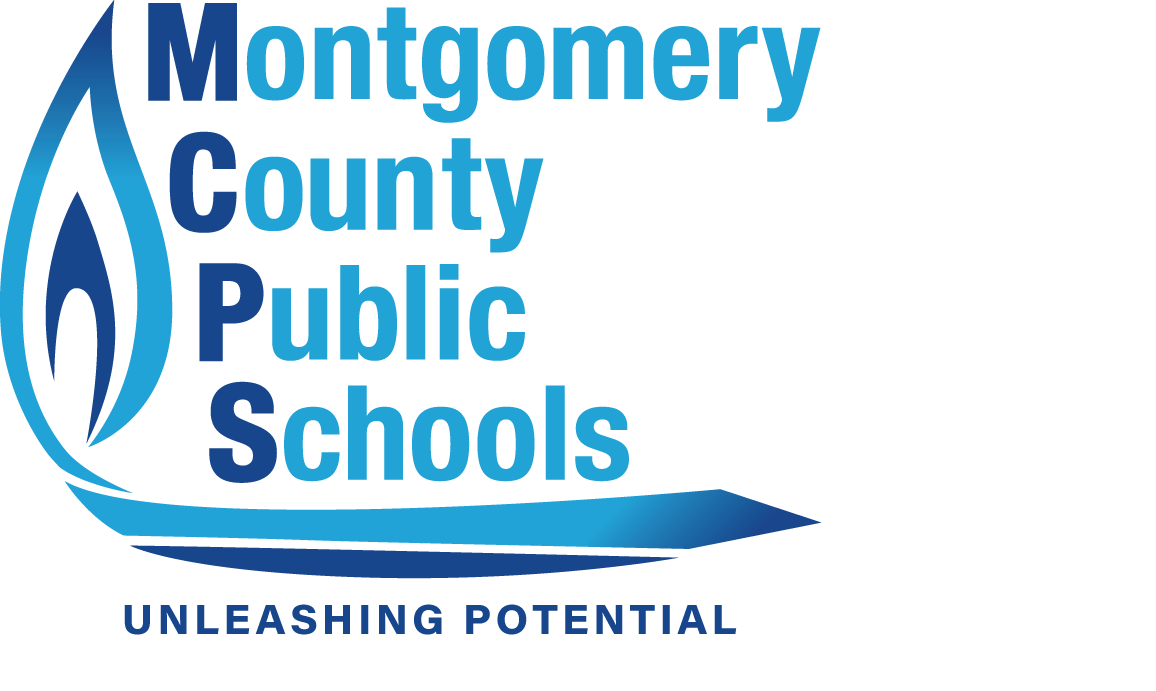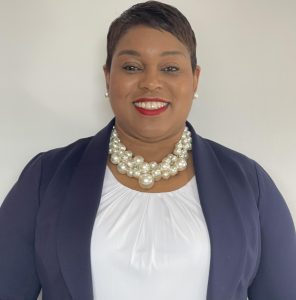Equity Comes From More Than a Hashtag
Why the Approach is as Important as Solving the Problem
February 23, 2017
Imagine this scenario for a moment.
As a contributing member of society, you’re committed to staying up to date on all current events. As such, you are therefore aware of the recent surge in prejudice you believe the ignorant have allowed to infiltrate our daily lives and corrupt our political landscape. You want to say something. What is the best way to address the situation?
Bringing conflict to light and encouraging change without offending a few people has to be one of the hardest things to execute successfully. In a society that emphasizes overattention to detail and forces political correctness, people must be mindful of how they express themselves in order for their opinion to be considered seriously. This difficult interaction between communities of people and of thought greatly contributes to the path to equality being marred with argument rather than advancement. It seems no one is willing to put their differences aside, and it’s for this reason specifically that the All Lives Matter movement began.
All Lives Matter became popular shortly after the Black Lives Matter (BLM) movement secured its relevance in the fight for equal protection and treatment in America. While the BLM movement made perfect sense to many, others – mainly those outside the black community – saw it as divisive, causing friction in the nation. By doing some research, however, one can clearly see why the movement is so vital to society and the status of this nation.
Segregation ended fifty-three years ago, and the Civil Rights movement ended just four years later. From members of the Civil Rights movement having to proclaim “I AM A MAN” to BLM having to once again declare that black people actually matter, the path for the black community, an integral part of our society, culture, and national success, to be considered truly equal has been excruciatingly long and doesn’t seem to be stopping anytime soon. Two-hundred years of history cannot be erased by fifty years of this country’s government doing the bare minimum.
The main purpose of the BLM movement is a call for unity; a simple reminder that black people, if for the sole reason that they are human beings, deserve to live and be treated equally. The hypocrisy of those in positions of power who abhor political correctness yet cannot find it within themselves not to impose on other people’s freedoms and rights, only worsens the situation and silences those who are simply attempting to fix key aspects of society.
Recently, the All Lives Matter movement’s silence on current events, specifically the President’s “travel ban,” came to light, with its relevance as a movement questioned. Despite its popularity, the movement has not yielded any remarkable successes or societal amendments and, thus, simply doesn’t work. The main purpose of this movement has been relentlessly silencing the BLM movement. In comparison, the two movements are polar opposites: Black Lives Matter has united thousands of people who share the mind-set that national equality should be attainable. All Lives Matter is a “participation-trophy movement” centered on calling attention away from the real issues.
All lives do matter – of course they do – but #AllLivesMatter doesn’t. In the words of Twitter, the movement’s birthplace, “#AllLivesMatter…was never ever ever ever ever about all lives.”
All Lives Matter supporters disagree with this accusation, labeling the BLM movement as violent and claiming its intentions are misdirected, designating All Lives Matter is the more-logical movement. Such disagreements highlight the problem with social justice efforts entirely. Arguing about the conditions of a movement has historically been limiting, and only prolongs the process of equality. As a contributing member of society, it is your job to do everything in your power to improve society and the world you live in. However, you cannot do this if you choose to be offended over something as simple as a hashtag.













































